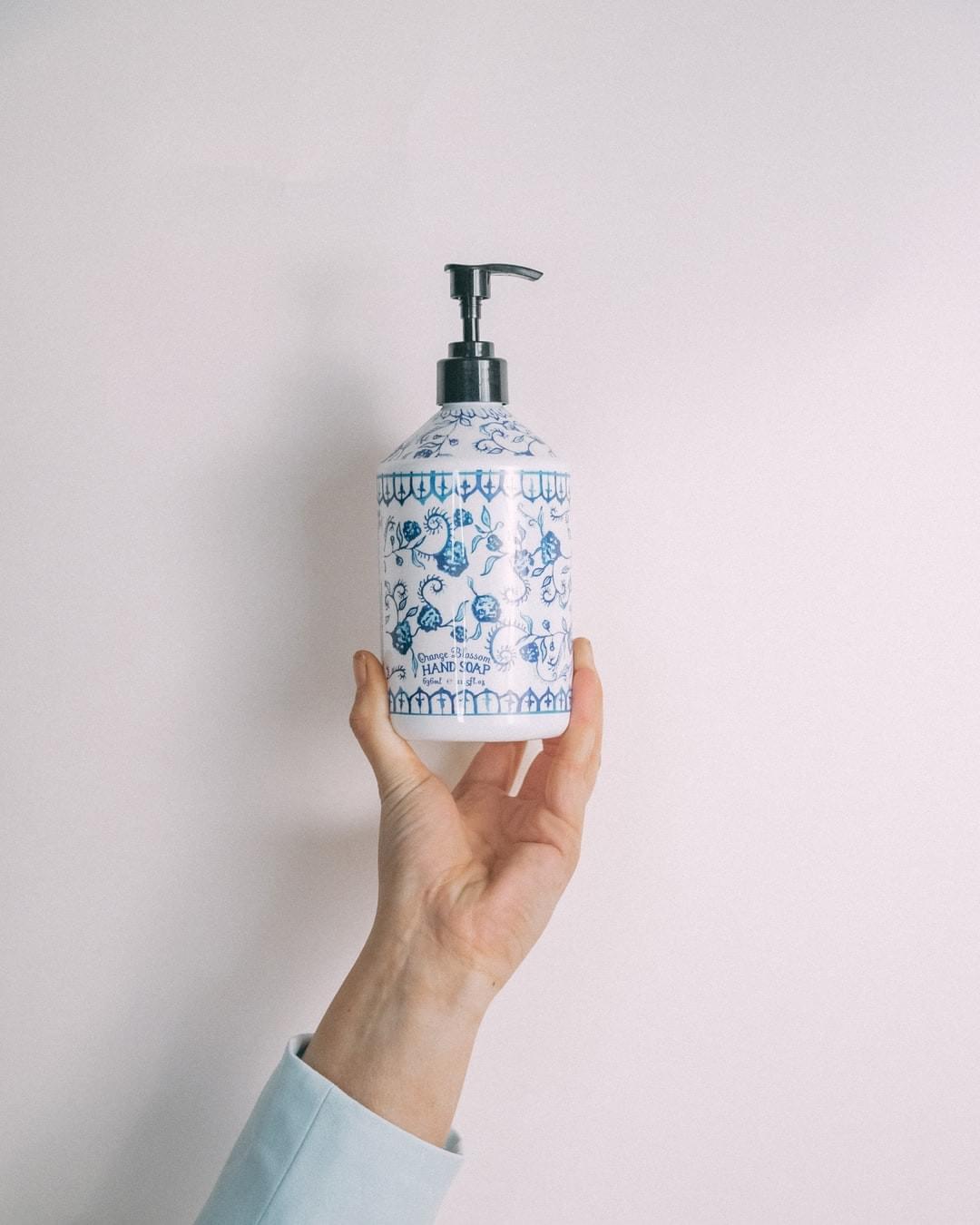
Dishwashing liquid, sometimes called dishwasher detergent, dish soap, and dish washing liquid are a cleaning detergent utilized in the washing machines to help in dishwashing dishes. It is mainly utilized for hand washing of cutlery, glasses, pots, pans, and other cooking utensils at a kitchen sink or basin. Dishes washed with this liquid need to be shaken thoroughly and water must not be poured onto dishwasher rags while it is spinning. The Joy Suds dishwasher liquid is mainly safe for stainless steel and plastic surfaces. Dishes that have wooden handles need to be washed with cold water only.
There are two main types of dish soap that you can purchase in the market today. One type of dish soap is made from natural ingredients, while the other type of dish soap uses synthetic ingredients for its production. Synthetic ingredients are usually derived from animal by products, such as lanolin or gelatin, that is commonly used to make shampoos, conditioners, hair sprays, etc. The most common synthetic ingredient used in making dish soap is the glycerin that is derived from milk.
Although the use of insecticidal soaps is not prohibited, there are still some precautions that must be taken in insecticidal soaps for dish washers. First, do not let the insecticide droplets fall into the dishwasher water. Always cover the container with a lid, even if it seems that the insecticidal solution has already been sprayed into the water. Second, before using the insecticidal soap with dishwasher, test the strength of the solution on an open cut using a cotton swab. Insecticidal strength of these soaps will be different depending on the size and texture of the cut.
Disinfectant soaps are usually used to kill bacteria and viruses. Some of the detergents that are considered as disinfectants are Hydrogen Peroxide, Phosphate, Chlorine, Bleach, Alcohol, Glycerin, Xylene, Potassium Chloride, Sodium Hydroxide, Urinary Phosphate, Chlorhexidine, Potassium Hypochlorite, Lactic acid, Monochloramine, sulfur dioxide, Triton X-100, Tetracycline, Benzalkonium Chloride, Metronidazole, Imidazolidynyl urea, Ketoconazole, Methyl tertiary butyl ether and Polycyclic aromatic hydrocarbons (PAHs). Some of these disinfectants are also mixed with detergent so that they may be able to form a mild mixture that can be used as a substitute for traditional disinfectants. However, in order to ensure that these soaps can be used as substitutes, you may need to dilute them using mineral water instead of water. Other than being unable to penetrate into the human body, these soaps are unable to destroy microorganisms. This is the main reason why it is important to rinse your dish after having used dish soap. Find where to buy joy dish soap on this website.
Dish soaps are made to remove food particles, grease, oils and dirt from the dishes. However, it is also important to note that dish soaps contain surfactant properties that aid in lifting dirt and oil away from the surface of your dishes. If left for long, these dirt and oil residues can cause unpleasant odor and stain to your dishes. Hence, in order to avoid these unwanted outcome, it is essential to rinse them immediately after use. Rinsing your dishes with cold or lukewarm water is a good way of doing this. It is important to use cold water rather than hot water because hot water tends to burst your homemade bubble bath.
There are several ways on how to naturally and environmentally cleanse your dishes. It is best to replace your dish soap with natural dish soap if you are unable to properly scrub it off with detergents. It is also advisable to rinse your dishes thoroughly whenever possible. If you are able to follow these simple tips, you will never again have to worry about dirt, oil and grease from washing off your dishes.
This post- https://simple.wikipedia.org/wiki/Dishwashing_liquid elaborates more on the topic, so you may need to check it out.